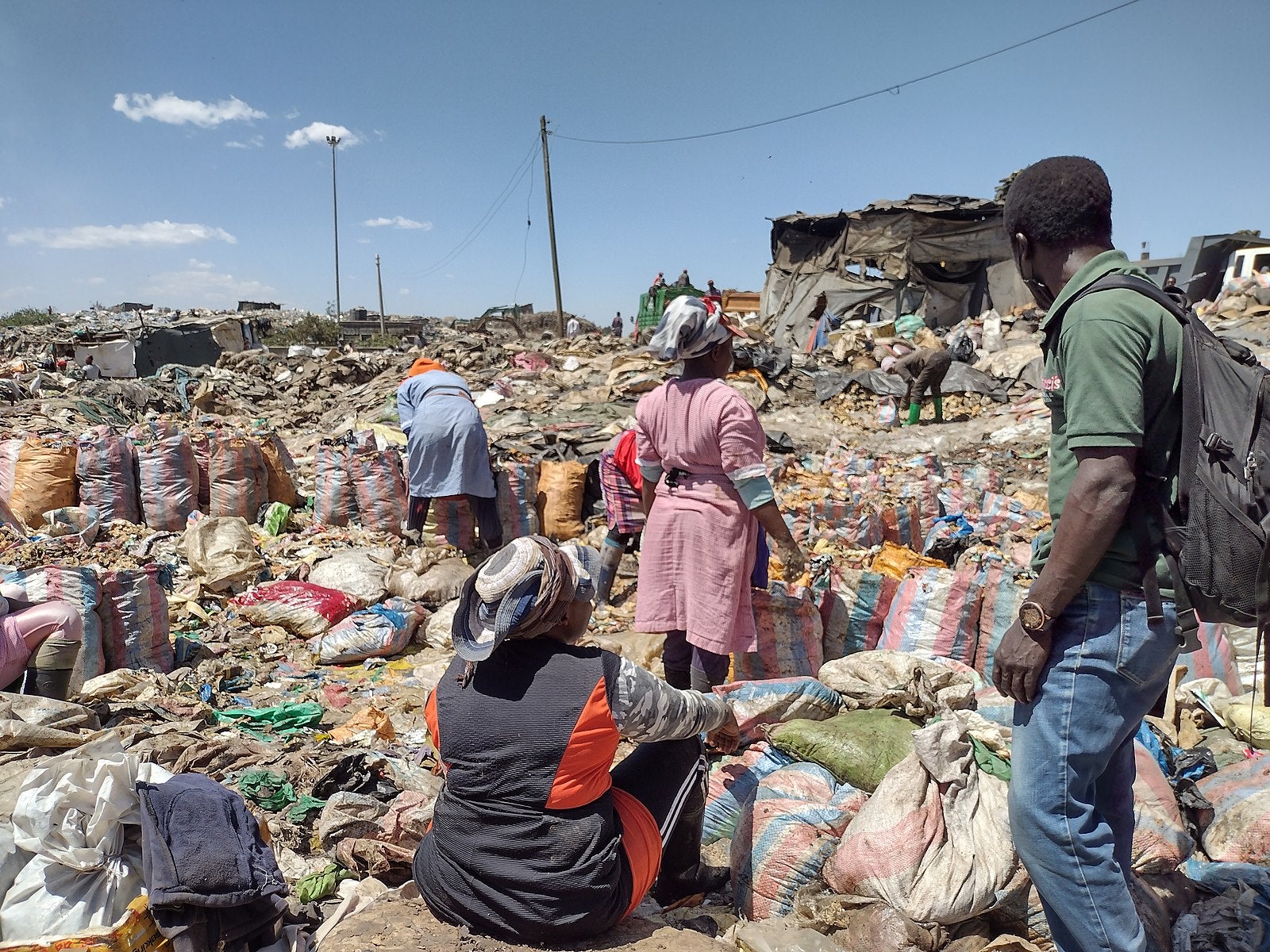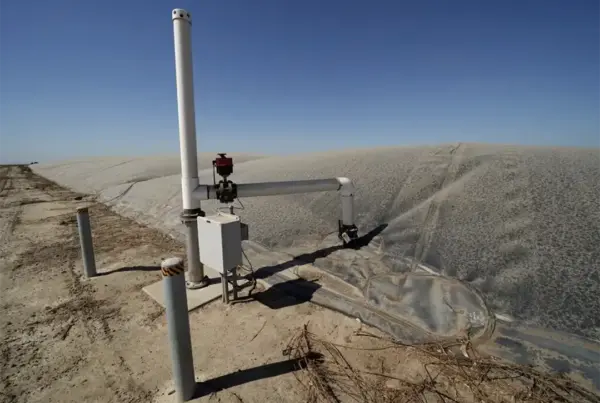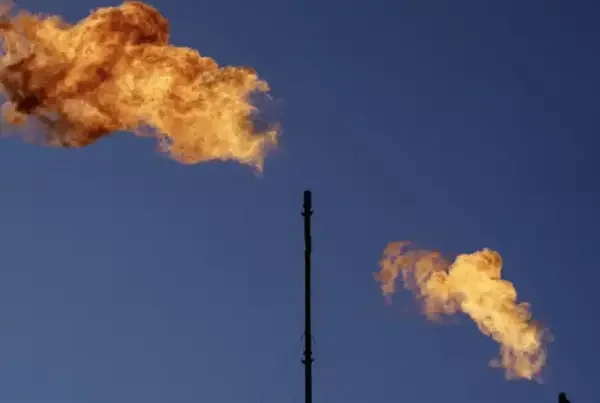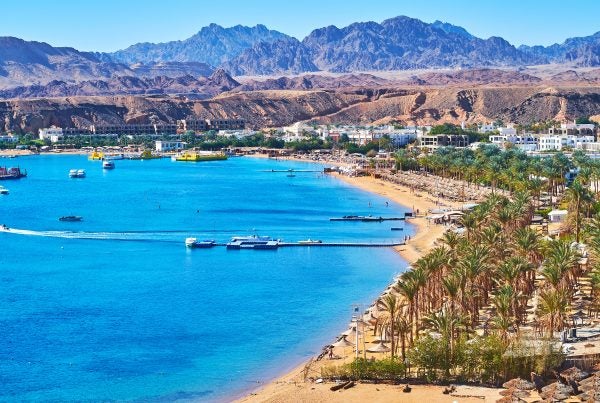SHARM EL SHEIKH–Bridging information gaps by sharing knowledge among stakeholders is proving to be an efficient path for mitigating climate change in developing nations around the world.
In Ghana, waste workers helped build support for composting, becoming a key force for diverting garbage away from landfills. In the Philippines, activists on the ground conduct their own methane emissions research, using that data to build arguments against new fossil fuel projects. And in Brazil, farmers are eager to adopt more climate-friendly agricultural approaches once they learn it can improve their profit margins.
“Even at the permitting stage we are able to use the very laws the corporations have been using to practically get away with murder,” said Aaron Pedrosa, a public interest lawyer working with several climate justice efforts in the Philippines.
Communities in the Philippines are developing a better understanding of their role in the climate conversation and of the science of climate change, Pedrosa said, describing how that understanding is empowering them to stop fossil fuel expansion in its tracks.
It is a scenario that is playing out in countries around the world and one that comes at a critical time when fossil fuel projects in the pipeline threaten to limit progress toward managing climate change in the short term.
In the Philippines alone, there are two dozen fossil fuel projects in the pipeline, Pedrosa said. These projects would drive up methane emissions at a time when methane is seen as one of the quickest and most efficient ways to manage climate change and hit the Paris Agreement’s temperature targets.
“Vietnam, Indonesia, and the Philippines are the three countries where possible gas expansion has been identified,” Pedrosa said. “They’re coming to these countries, and they’re actively promoting the transition from coal to a bridge … which we actually call parcel gas. Success comes really from spotting these projects, because of the implications in our own survival.”
Meanwhile, in Ghana, communities on the ground are becoming experts in partnering with municipalities to help the informal economy reduce emissions. They are filtering information up from the ground to the halls of government. “If you do not work with government, it becomes more difficult,” said Desmond Alugnoa, co-founder of Green Africa Youth Organization.
He described communities on the ground as a key catalyst for helping policymakers better understand the impacts of their decision and the urgent need to act on climate change mitigation. “Without them being able to understand that … you won’t be able to compel them, even inspire them,” he said. “We always proceed from that standpoint, answering the very basic question of payments or profits in everyday life.”
In Brazil, a similar approach is driving results. “When you show to the farmers that they are losing money and that they can reduce methane while saving money and producing the same, they can see the difference,” said Gabriel de Oliveira Quintana, a climate analyst at the Institute of Forestry and Agricultural Management and Certification in Brazil.
Meanwhile, the story lawmakers need to hear most is how their decisions might impact crops and the communities that depend on them for sustenance, Alugnoa explained. “They have that local knowledge.”
And while workers on the ground can provide key information, they tend not to have the capacity to provide the scientific data that underpins many crucial climate decisions. “That’s where the researchers and scientists come in,” Alugnoa said.



